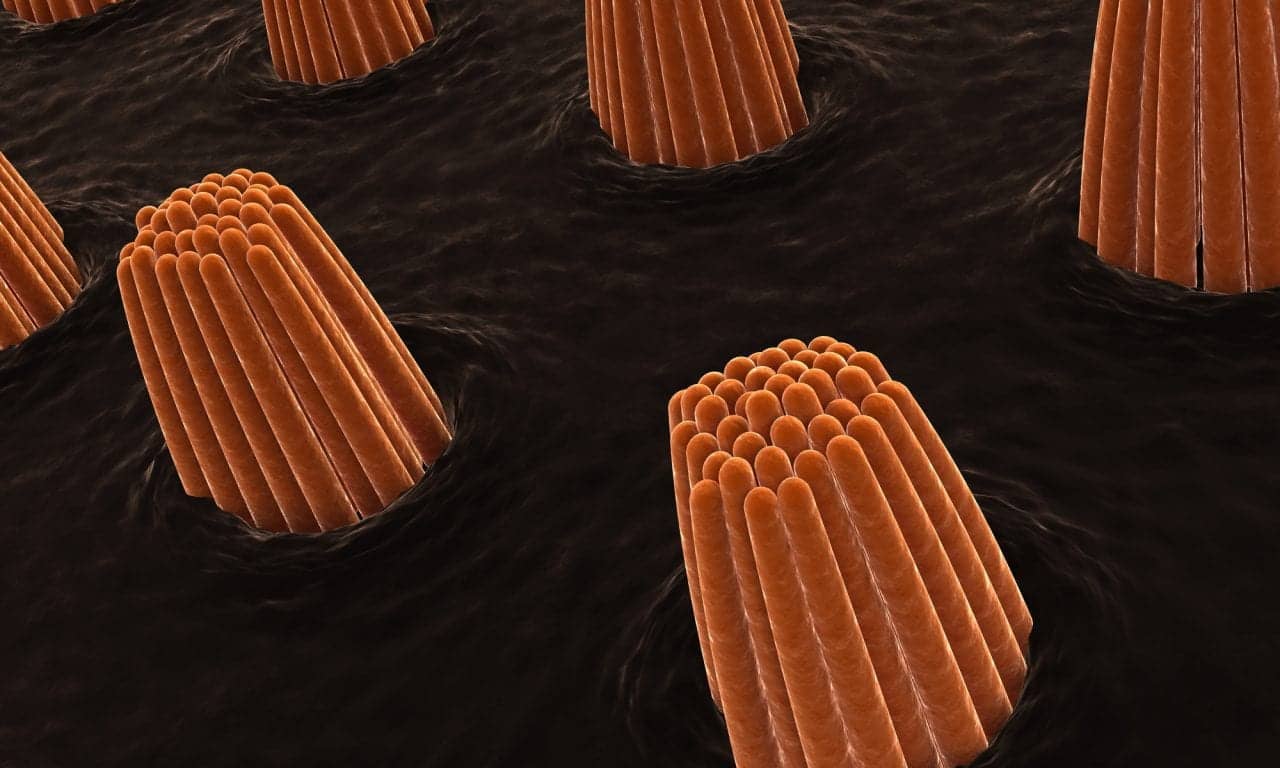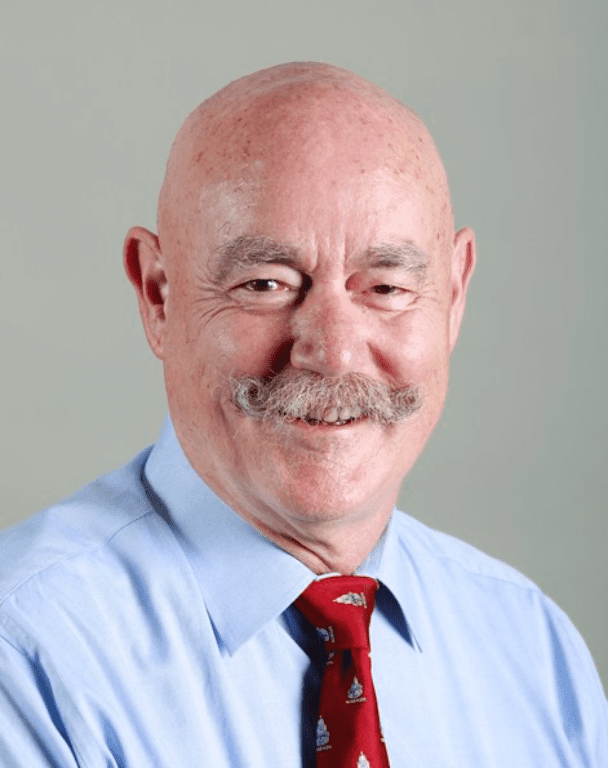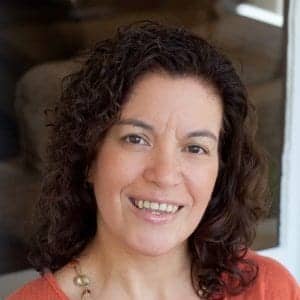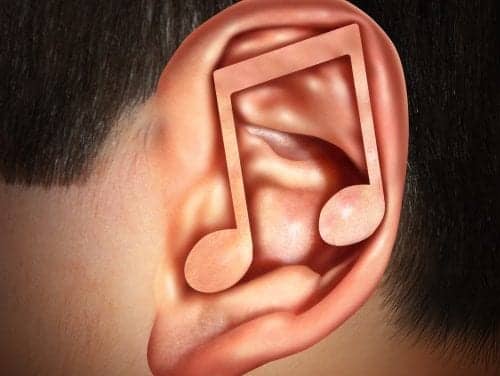Researchers Find Master Gene Programming Hair Cells
Hearing loss due to aging, noise, and certain cancer therapy drugs and antibiotics has been irreversible because scientists have not been able to reprogram existing cells to develop into the outer and inner ear sensory cells — essential for hearing — once they die. But Northwestern Medicine scientists have discovered a single master gene that programs ear hair cells into either outer or inner ones, overcoming a major hurdle that had prevented the development of these cells to restore hearing, according to new research published in “Nature.”





























